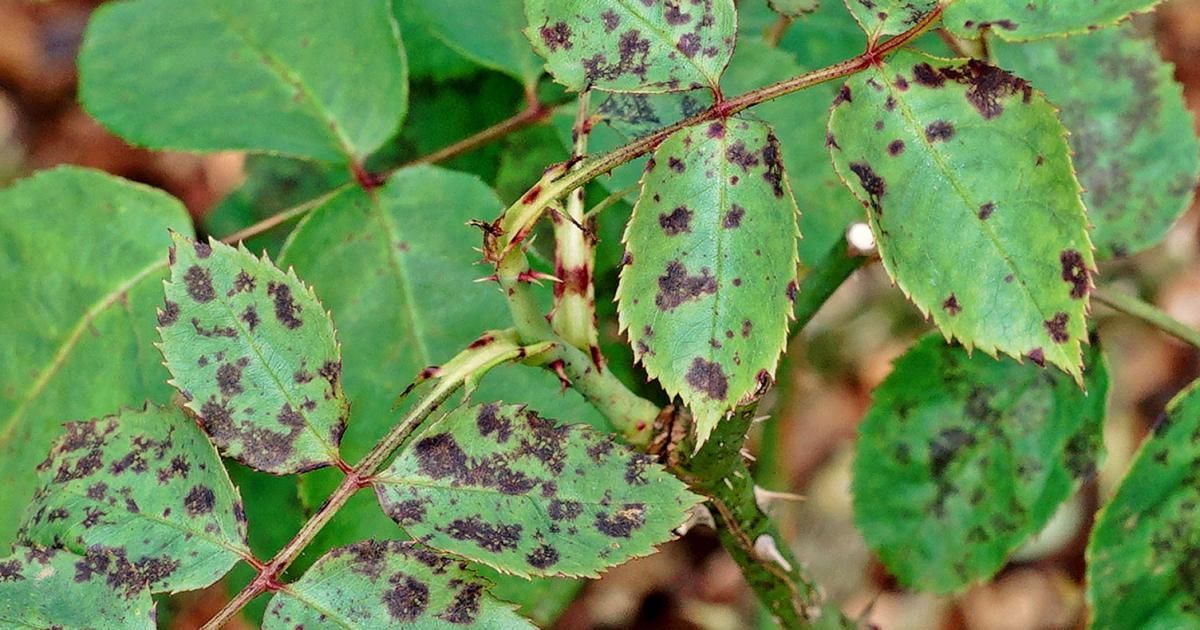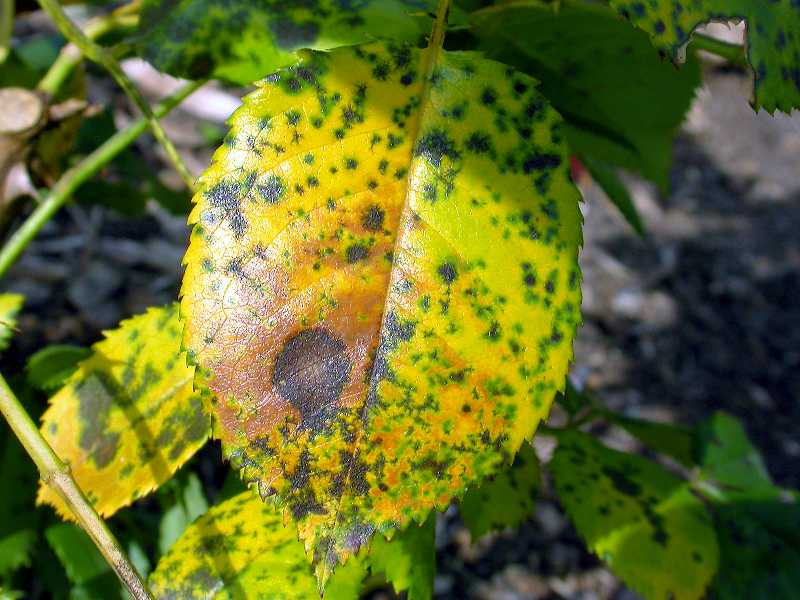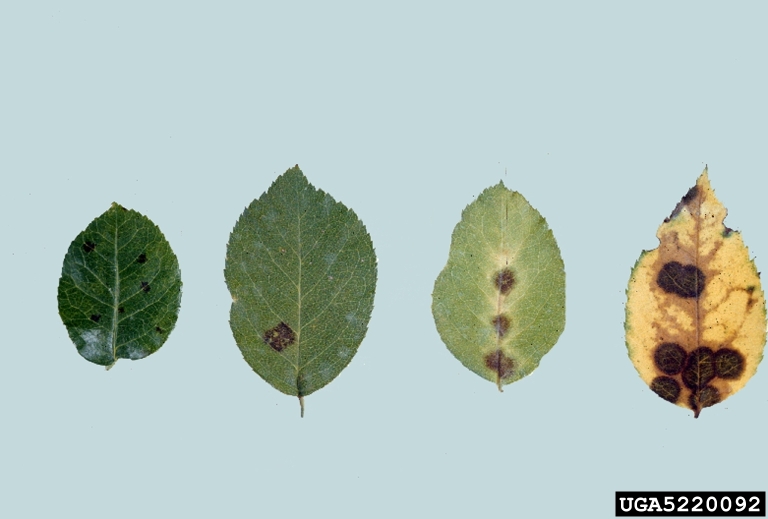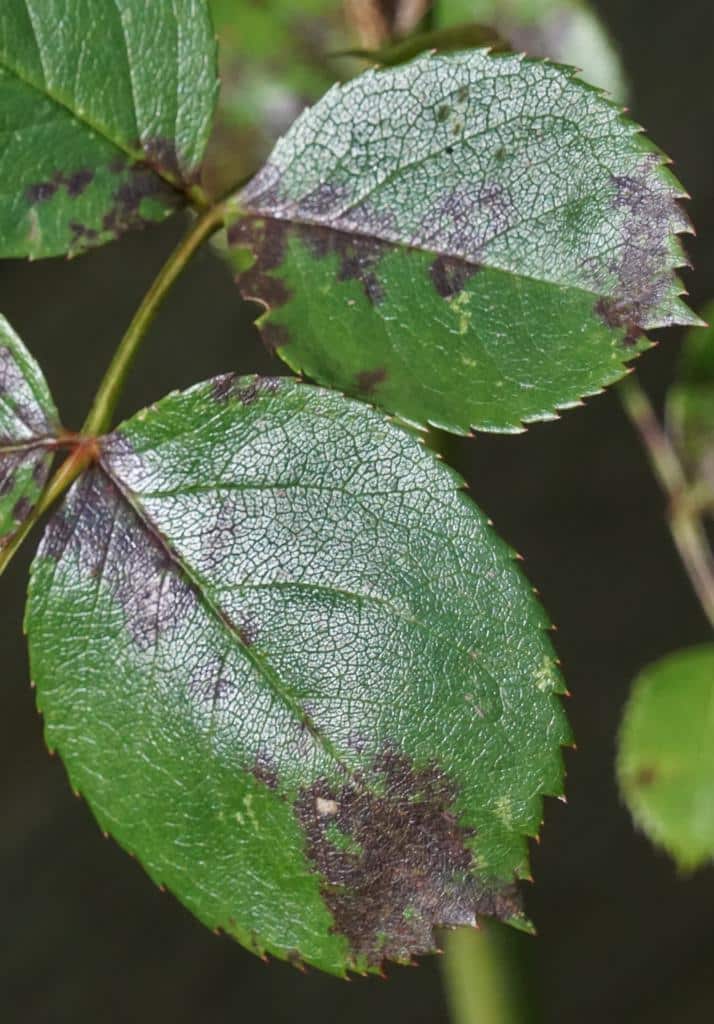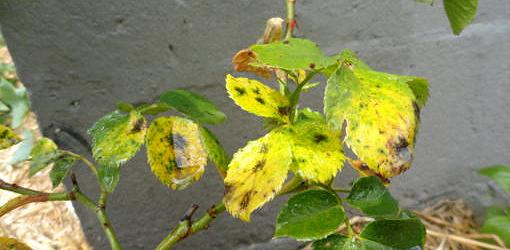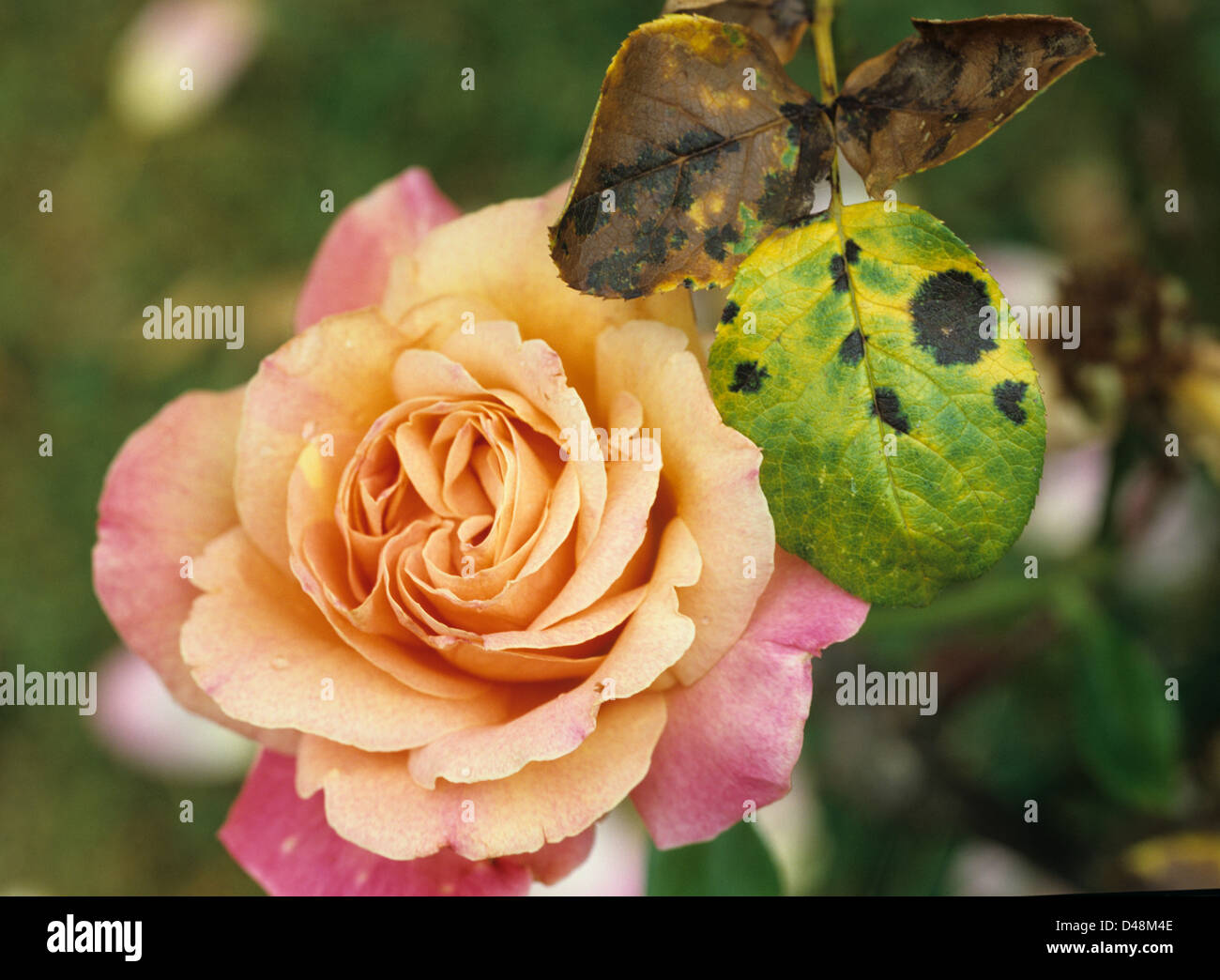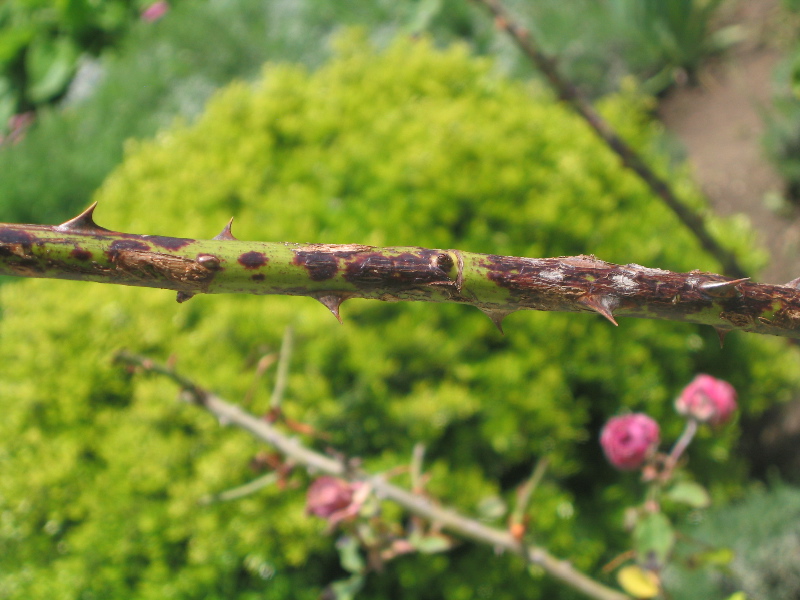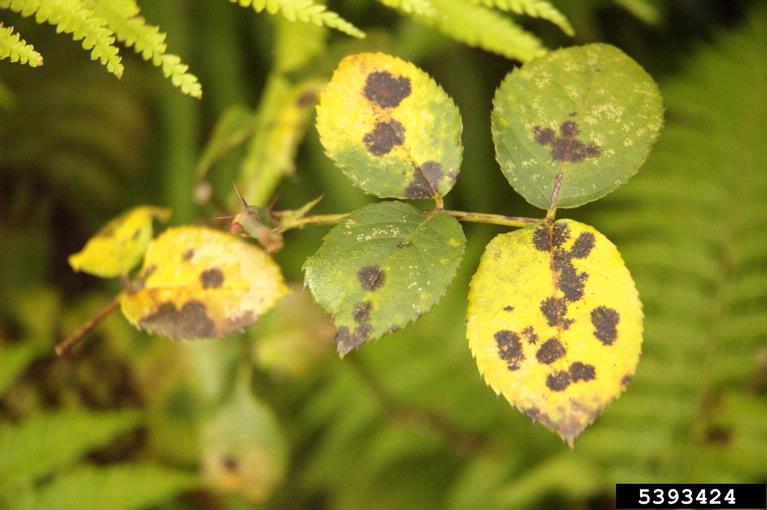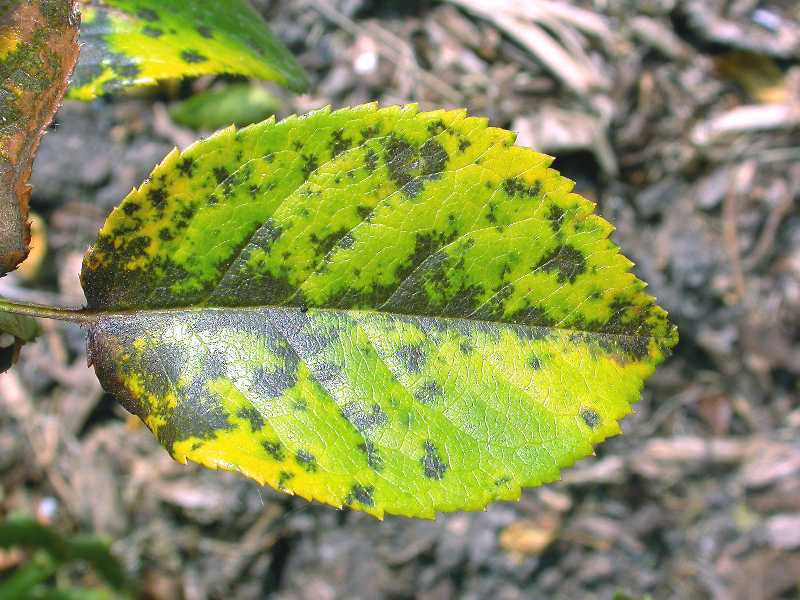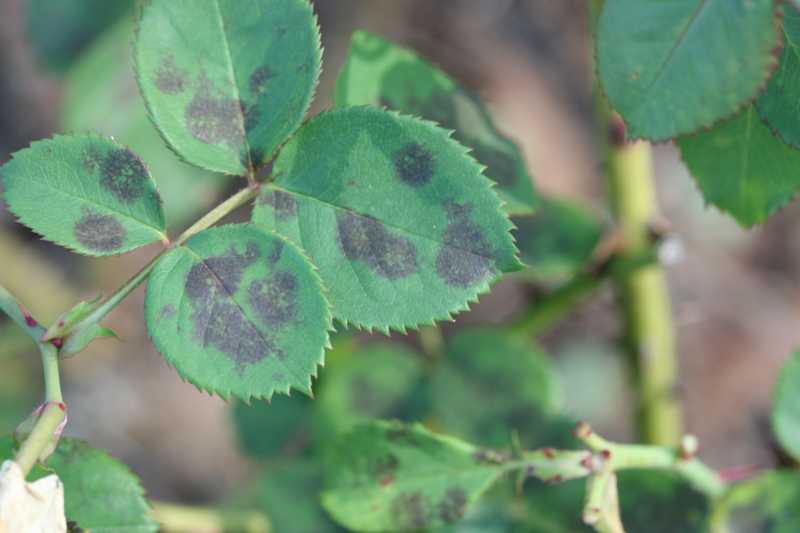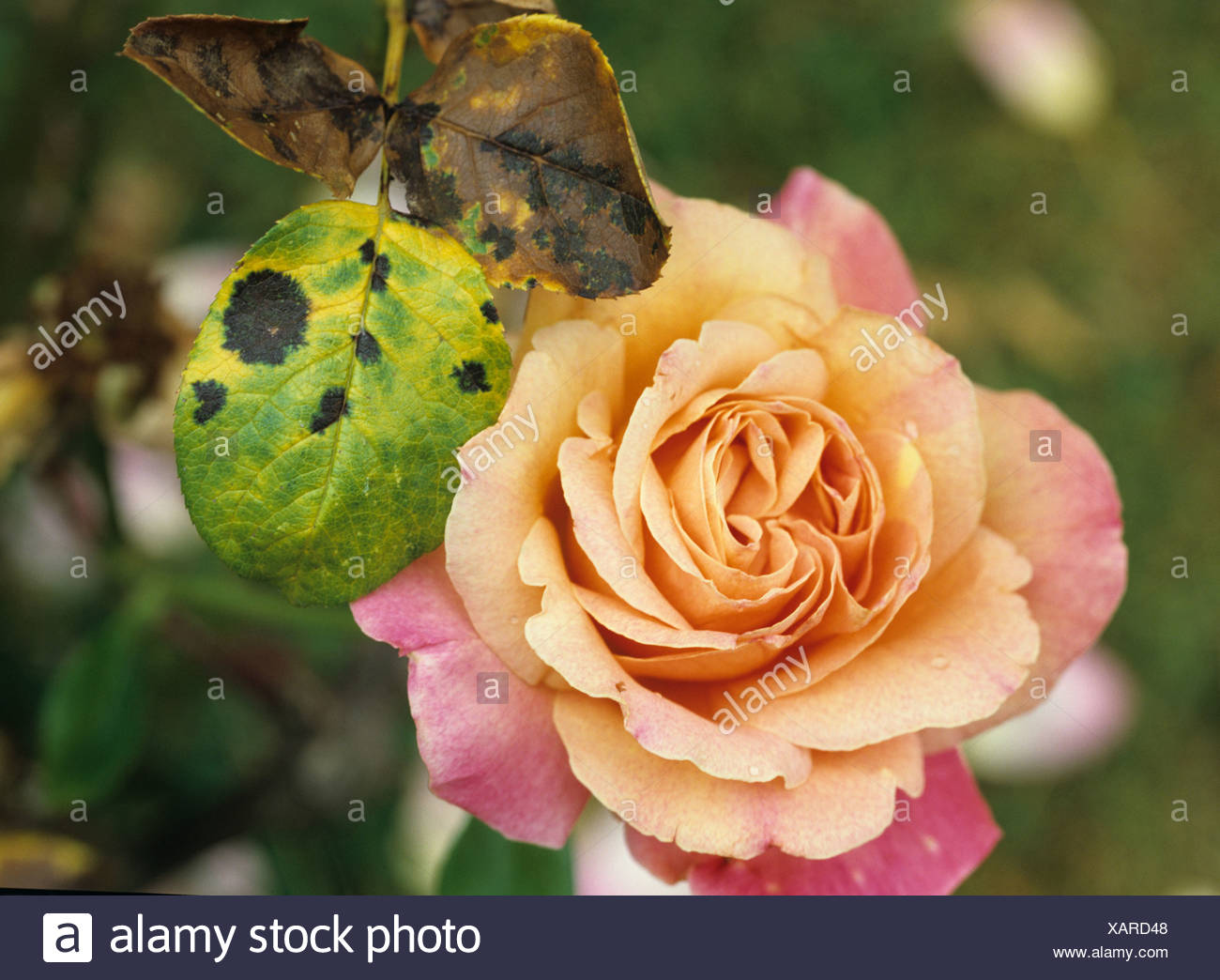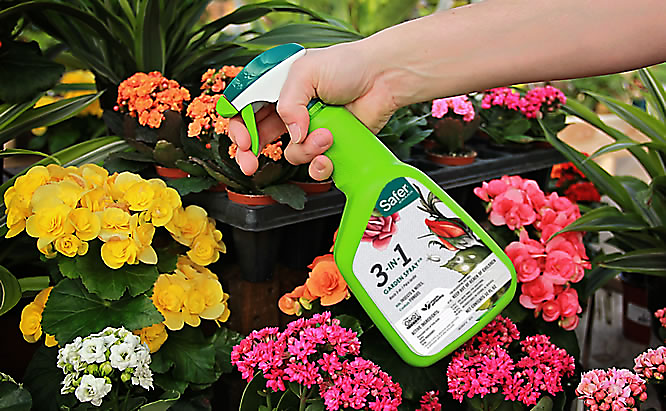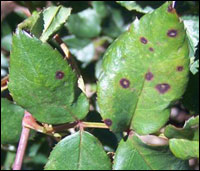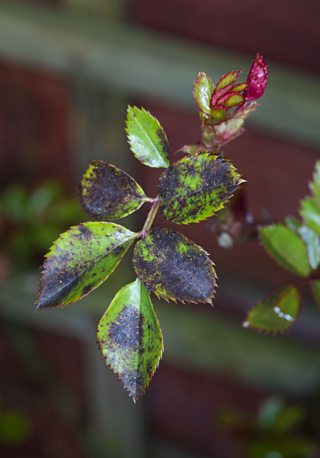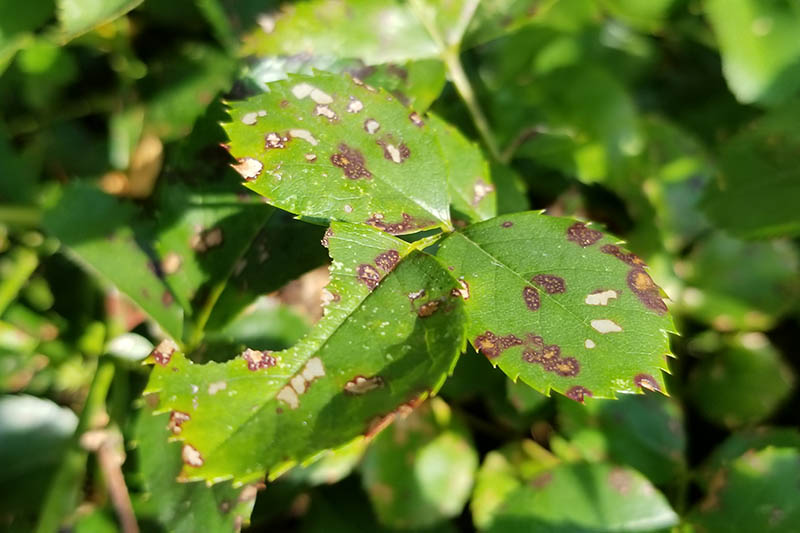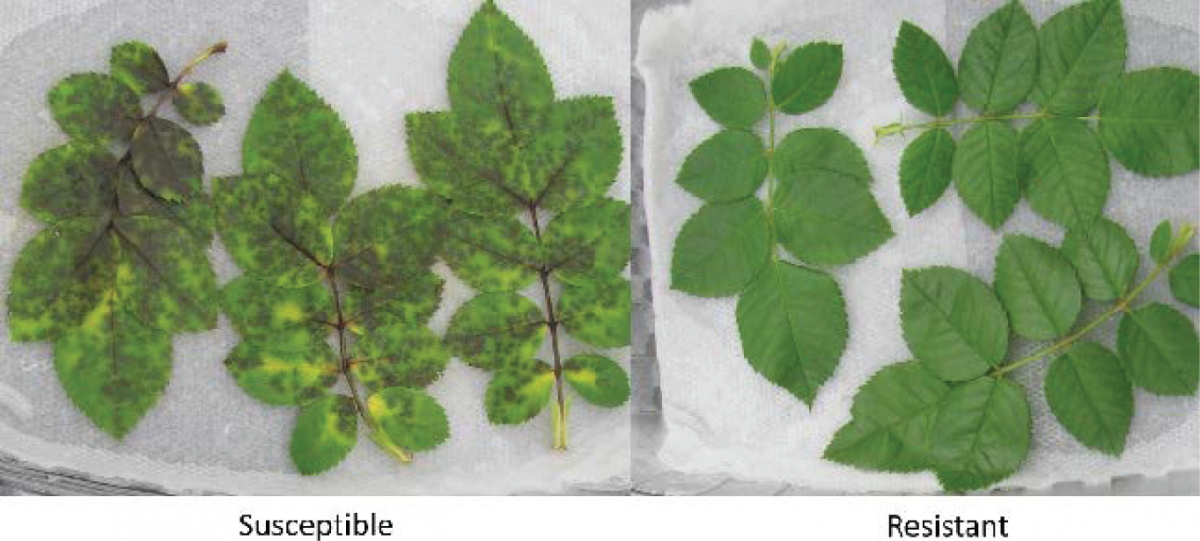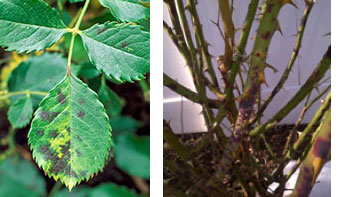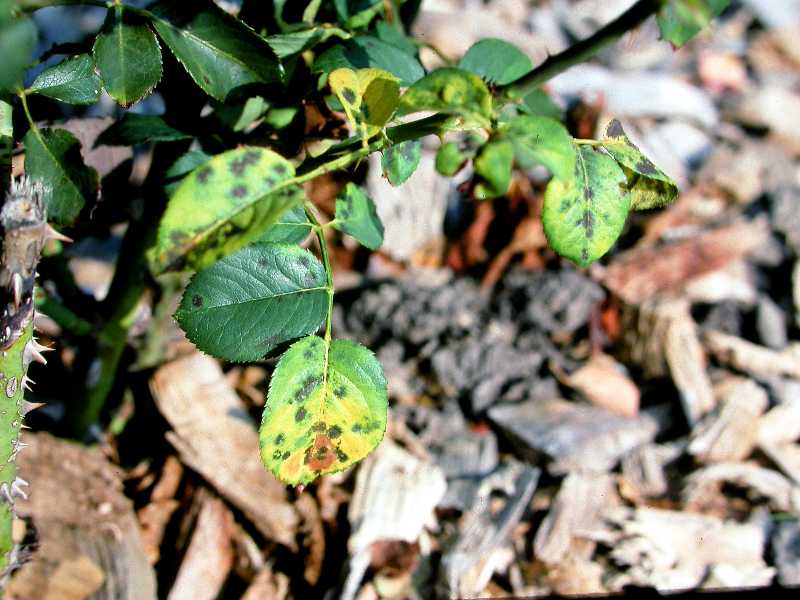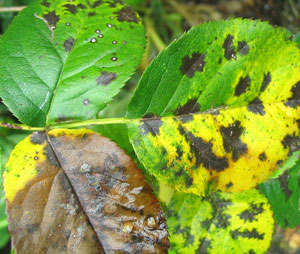Black Spot On Roses
Preventing black spot on rose bushes.
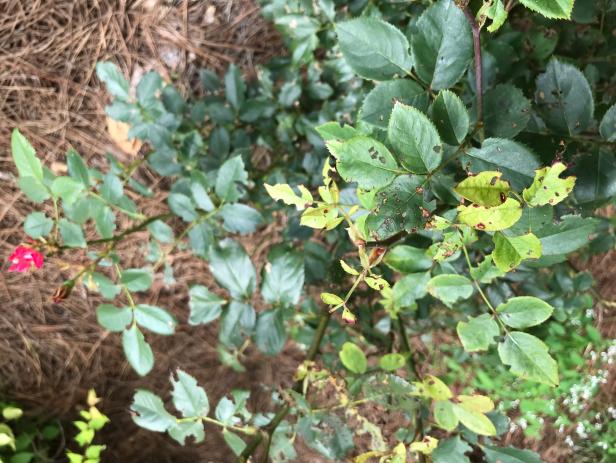
Black spot on roses. Black spot is a fungal infection that primarily affects roses. Adopting a regular schedule of applying fungicidal sprays can greatly reduce the scope and damage the fungus can do to your roses. Symptoms start as small circular spots of varying sizes. It is caused by a fungus diplocarpon rosae which infects the leaves and greatly reduces plant vigour.
Black spot on roses can be a nuisance for any gardener. Black spot marssonina rosae or diplocarpans rosae is a fungal disease considered to be the most serious rose disease in the world. The parasitical fungus spreads rapidly through direct contact among roses. This will eventually kill the plant if left untreated.
A serious infection can cause complete defoliation of the plant. The signs of black spot fungus on roses are hard to miss. Caused by a fungus known as diplocarpon rosae this disease spreads blackspot spores which can greatly weaken the rose plant and reduce its vigor. Cercospora leaf spot sometimes referred to as rose leaf spot is caused by the fungus cercospora rosicola.
There are a few treatments to rid you of this issue so check out this post to learn more. Black spots form on leaves and stems causing them to yellow and drop. Its not the same fungus as black spot but they share many of the same characteristics. And if left unchecked it can cause quite a bit of damage to your rose garden.
Black spot blackspot is one of the most common diseases of rose bushes. It starts with a yellowing of the plants leaves and then the characteristic black dots appear and spread. Black spot rose disease control includes adequate planting sites the use of resistant cultivars and pruning. Caused by the fungus diplocarpon rosae black spot begins just as its name suggests with black spots showing up on the surface of the.
Black spot on roses. Black spot or diplocarpon rosae is one of the most dreaded diseases of roses. Black spot on roses. Black spot thrives during hot humid or rainy summers and hot days with cool damp nights.
If this scenario sounds familiar welcome to the bane of the rose gardeners existence. Good garden hygiene is important for treating black spot roses. Roses should be planted in areas with plenty of sunlight and good circulation. Black spot is not the only fungal disease to commonly attack roses.
Black spot is a fungal disease diplocarpon rosae that affects rosesthe fungus develops as black spots on the leaves which eventually causes the leaves to turn yellow and drop offbesides looking unsightly it can seriously weaken the rose plant.






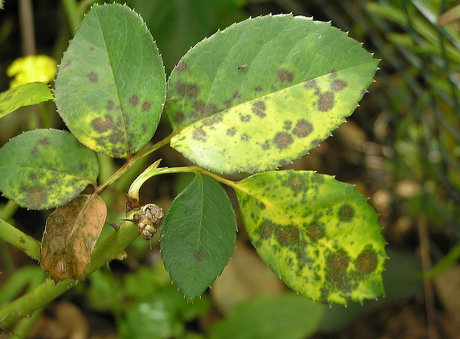
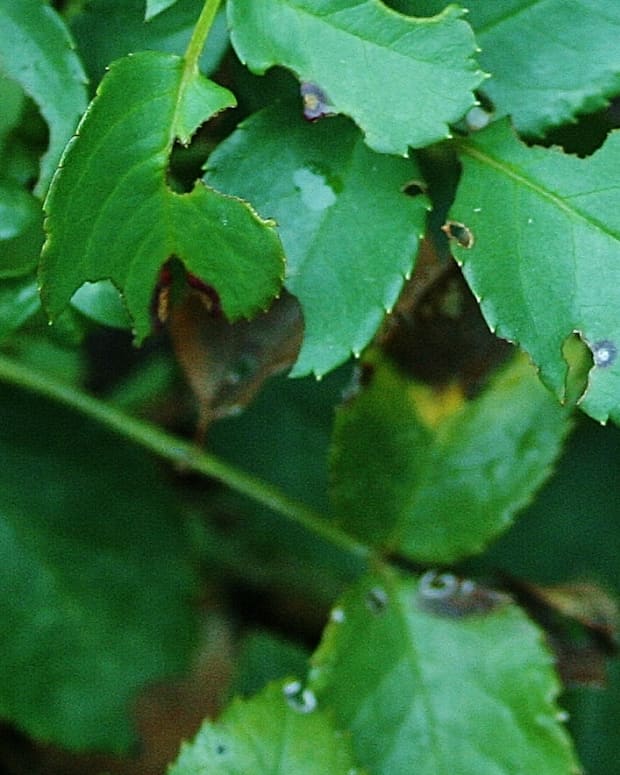



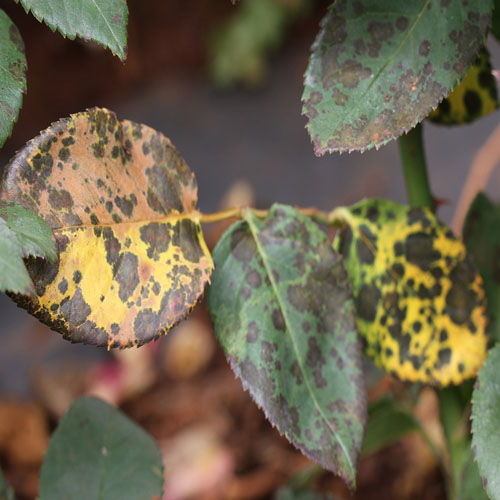
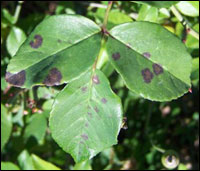






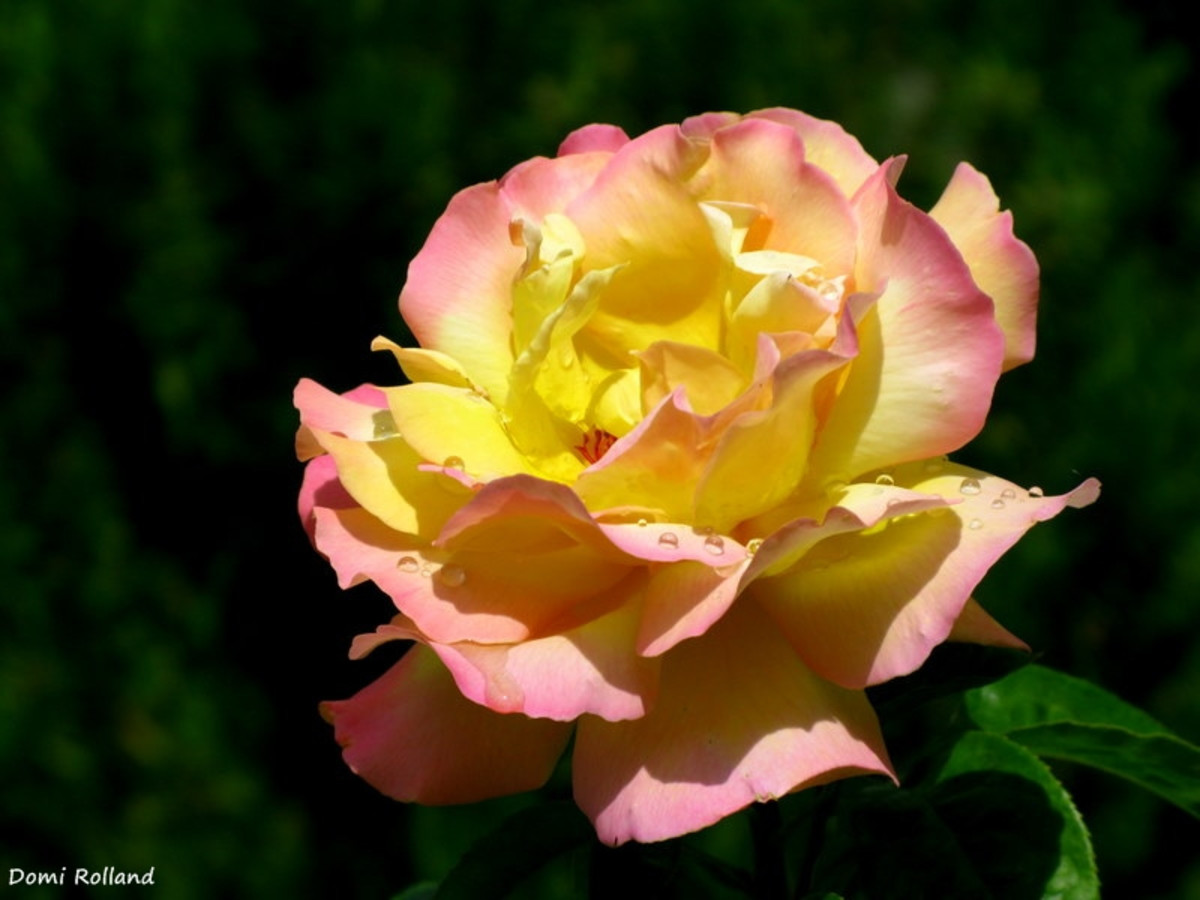
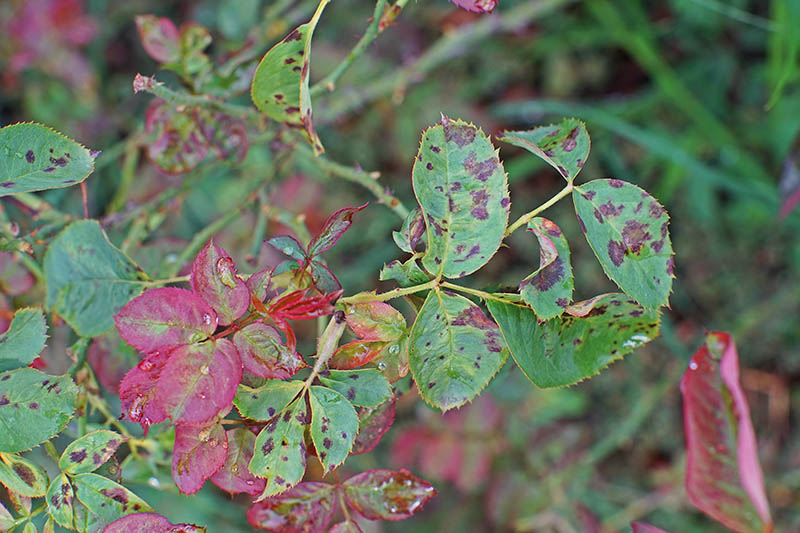
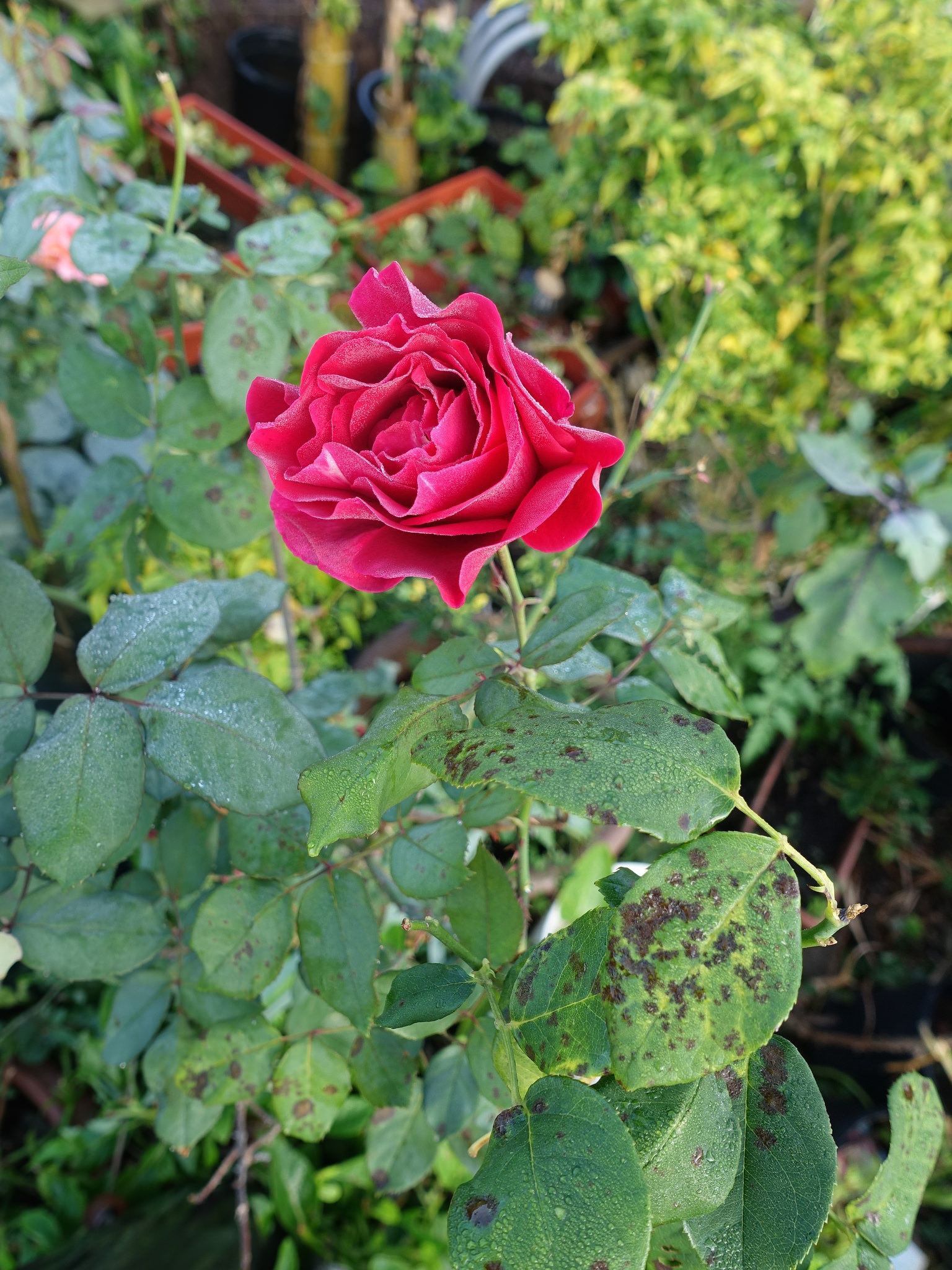

:max_bytes(150000):strip_icc()/what-is-washing-soda-2145888_05-236e82f4a9a34da1b4ef1de18047f0c6.jpg)
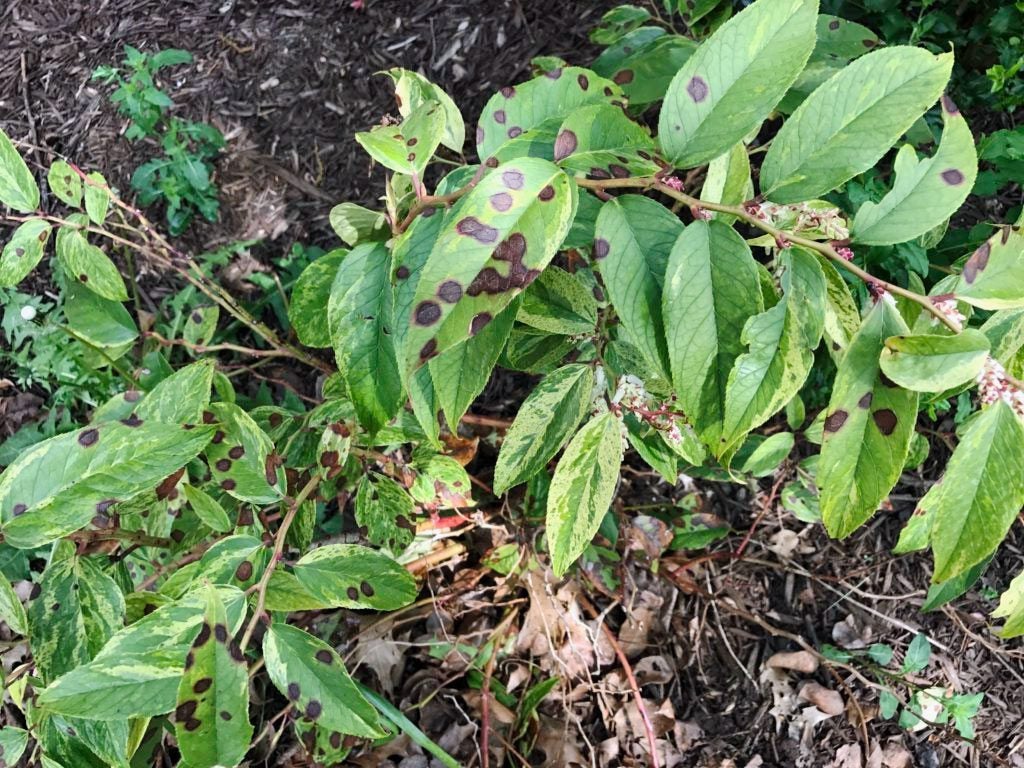
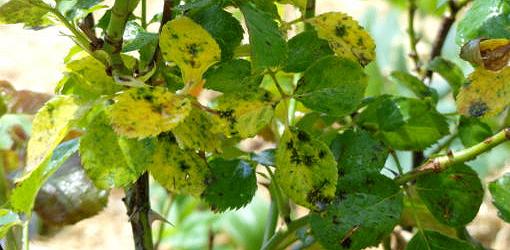
/BlackSpot_onRose-56f18bb03df78ce5f83c10e0.jpg)
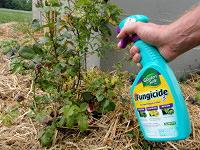


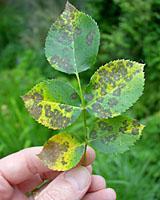
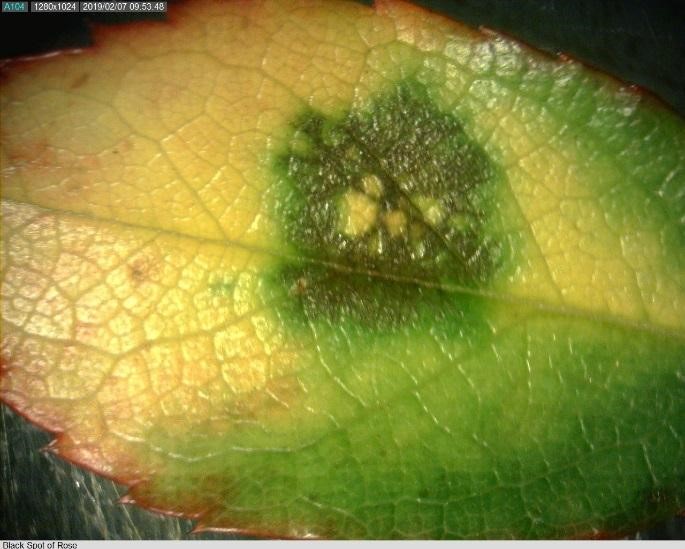



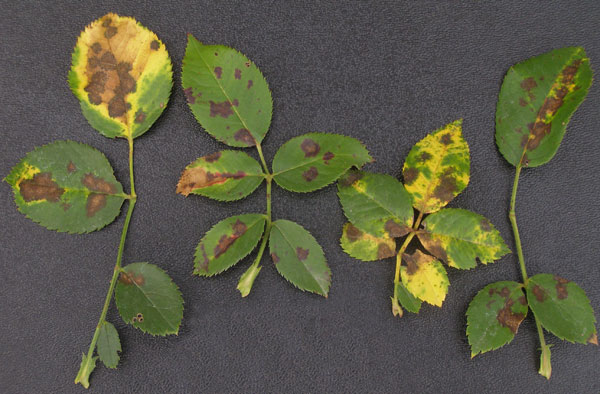


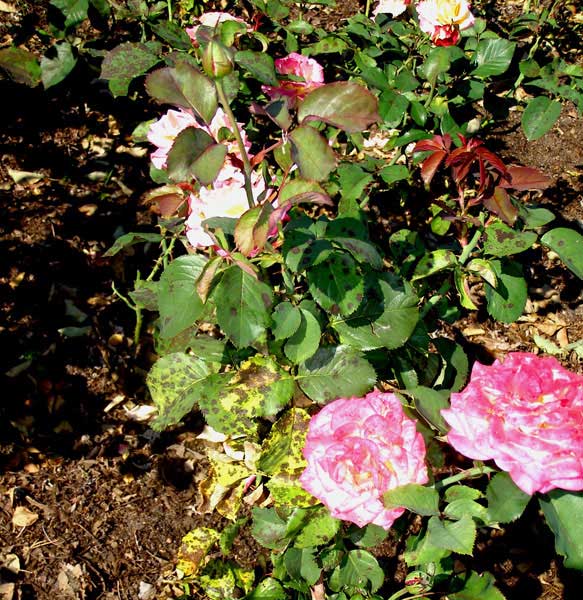

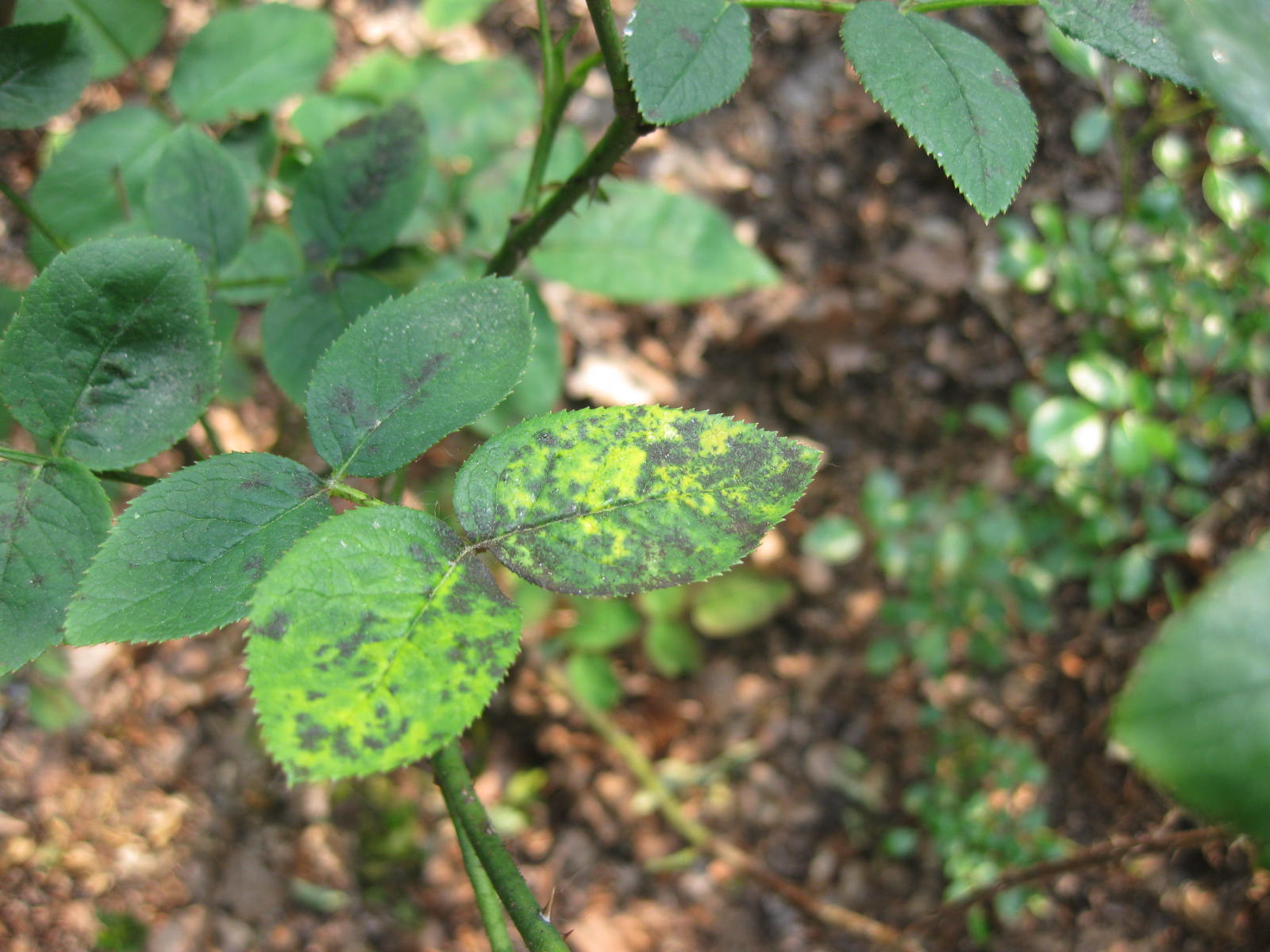


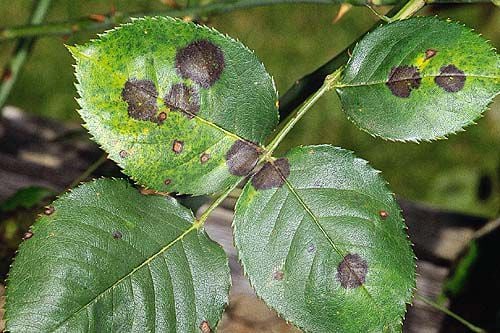
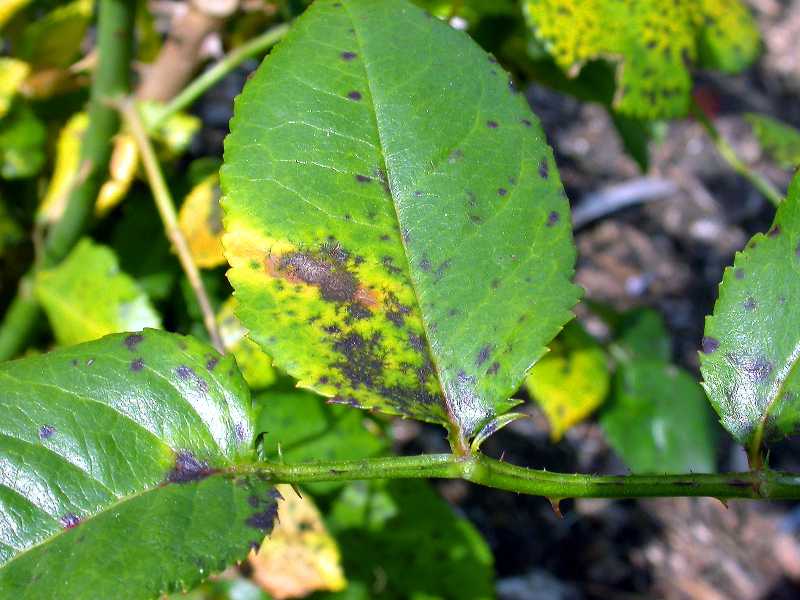

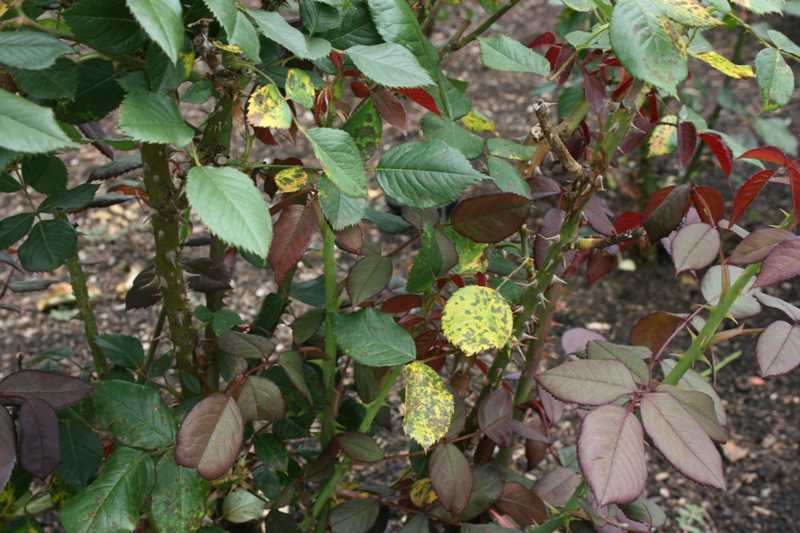



:max_bytes(150000):strip_icc()/black-spot-on-roses-4125530_FINAL-039ab7f0582f47faba18d12fbff07a5a.png)
/preventing-and-controlling-black-spot-2539516-hero-5c46008fc7af44088172c132016b9734.jpg)
